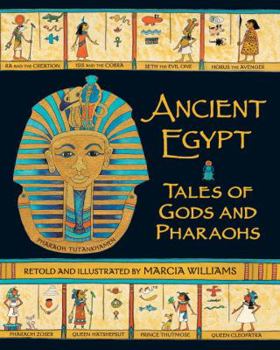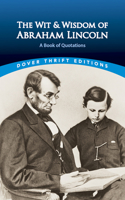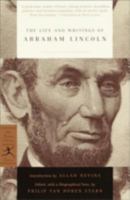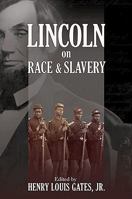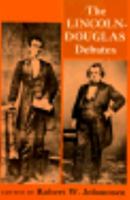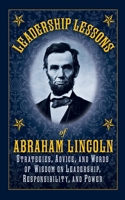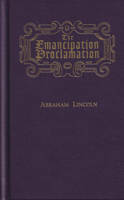Ancient Egypt: Tales of Gods and Pharaohs
Select Format
Select Condition 
Book Overview
With compelling comic-style illustrations, a colossus's worth of facts, and dramatic fold-out spreads, Marcia Williams brings Egyptian myths to life. The stories of the Egyptian pharaohs and their ancient gods are full of mystery and adventure. In this retelling of nine tales of ancient Egypt, Marcia Williams uses her signature comic-strip style to capture the rich mythology and early history of this great civilization. Beginning with powerful Ra rising from the waters of the Nile to create the gods of the earth, sky, and rain, Ancient Egypt takes readers through the curse of King Tut's tomb and the rise of Cleopatra-- with Rami, Ra's beloved cat, highlighting Egypt's many cultural and technological advances along the way. An instantly engaging, accessible introduction to an ancient civilization, this collection of stories is sure to fascinate and inspire young Egyptologists.
Format:Hardcover
Language:English
ISBN:076365308X
ISBN13:9780763653088
Release Date:September 2011
Publisher:Candlewick Press (MA)
Length:48 Pages
Weight:1.15 lbs.
Dimensions:0.5" x 8.8" x 10.7"
Age Range:6 to 9 years
Grade Range:Grades 1 to 4
More by Abraham Lincoln
Customer Reviews
5 customer ratings | 5 reviews
There are currently no reviews. Be the first to review this work.










